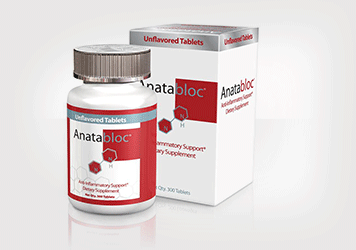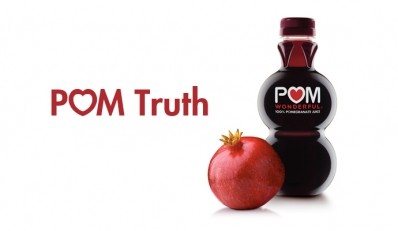FTC issues revised guides on use of endorsements
FTC’s Guides Concerning the Use of Endorsements and Testimonials in Advertising update the agency’s guidelines from 1980, and will become effective on December 1 2009.
Revisions are designed to address changes in the way products are marketed compared to thirty years ago, and follow consumer research conducted by FTC on the messages people take away from product endorsements.
Disclosing study sponsorship
A significant change – and one that was not in the draft guidelines – is that companies that have sponsored a clinical trial mentioned in the advertising for their products will have to disclose this fact.
This was a provision recommended by Attorneys General of 33 states and Hawaii’s Office of Consumer Protection, as they thought the omission of this information was inconsistent with the general principles of the guidelines.
In adding this provision into the final guidelines, FTC said it had “reconsidered” its previous position, concluding that “consumers reasonably can be more skeptical about research conducted by outside entities but funded by the advertiser than about studies that are both conducted and funded independently, because financial interest can create bias (intentional or unintentional) in the design of a study.
Other revisions
Other revisions in the new guidelines include the removal of a ‘safe harbor’ statement, which previously allowed advertisers to describe unusual results in a testimonial as long as they included a disclaimer such as “results not typical”.
FTC also provides more examples on how material connections between advertisers and endorsers must be disclosed. The additions reflect use of endorsements as conveyed by bloggers or other ‘word-of-mouth’ marketers.
The revised guides also clarify that endorsers as well as advertisers could be liable for statements they make in an endorsement, or for failure to disclose material connections between the advertiser and the endorser.
Celebrity endorsers must also disclose their relationships with advertisers when making endorsements outside the context of traditional ads, such as on talk shows or in social media.
Industry reaction
According to Daniel Fabricant, acting CEO of supplement trade group Natural Products Association, the new guidelines amount to changing the rules in the middle of the game.
"They probably won't change ads for dietary supplement companies, but it will leave them wondering what the FTC considers ‘typical’ results. FTC needs to define what those are. I don't think they've done that; the results you see in clinical trials are going to be in some degree different from what you see in the consumer, so what exactly is 'typical'?"
Legal take
According to food lawyer Ivan Wasserman from Manatt, Phelps and Phillips, who specializes in FTC issues, the revised guidelines “will force a dramatic change in the marketing strategies of many dietary supplement companies."
He said companies should revisit all their consumer testimonials to determine if they meet the new guidelines, and urged caution in their activities with bloggers and third-party endorsers to ensure everyone followed FTC guidelines.
"At the end of the day, as the FTC acknowledged, even with the revised guidelines it still comes down to the net impression that consumers take away from the ad as a whole,” he told NutraIngredients-USA.com
“So, a carefully created advertisement may still be able to use truthful, ‘atypical’ testimonials without a disclaimer as to the typical result, as long as the ad as a whole does not convey a message that the results depicted in the testimonials are typical."
Commission vote
Endorsements and testimonials, which are widely used in the marketing of dietary supplements and some functional food products, are advertising messages that consumers are likely to believe reflect the honest opinions or experience of a third party.
The FTC vote approving the issuance of the new guidelines was 4-0. The notice will be published in the Federal Register shortly, and is available here.









